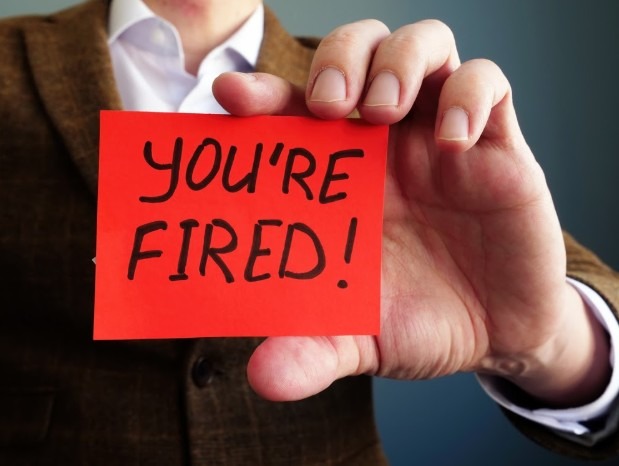Have you or a loved one recently been terminated from your job? Losing your job can be a truly stressful and unpleasant experience. With the ever-rising cost of living, being out of work can truly turn your life upside down. If you feel like you have been wrongfully dismissed, fret not for it isn’t the end of the road for you. There are various steps and procedures involved when an employee claims for wrongful dismissal. In today’s article, we have a look at what constitutes wrongful termination and what you can do about it. Read on to find out more.
What Exactly Is Wrongful Dismissal?
First up, fully understanding what constitutes wrongful dismissal is incredibly important. Generally speaking, you need a competent wrongful termination attorney if you think the termination procedures violated federal, state or local laws. Violating terms of an employment contract or agreement is also considered wrongful termination. Some of what constitutes wrongful dismissal include:
1. Discrimination
Federal laws protect employees from being terminated or otherwise discriminated against for reasons such as their age, gender, disability, race or religion. It is unlawful for an employer to use any of these reasons to terminate an employee. If you feel like you have been discriminated against and that it has contributed to your termination, you are very likely to be eligible for a wrongful dismissal claim.
2. Harassment
Harassment or offensive remarks, behaviours or comments made due to one’s gender, race, disability, religion or nationality constitutes workplace harassment. You might be able to file a wrongful termination claim based on harassment if your employer or co-worker has made insulting comments about you or if an employer has acted inappropriately with you. This can include bullying, sexual advances or interpersonal relationships that may have contributed to your termination.
3. Retaliation
Another reason for unlawful termination includes retaliation. Employers are not allowed to punish employees for their participation in certain protected practices such as reporting illegal behaviour within the company to outside forces. If you find yourself in this predicament and have been terminated for doing the right thing legally, you have most likely been wrongfully dismissed.
4. Breach of Contract
Lastly, firing an employee in violation of an employment contract also constitutes wrongful termination. This includes both written and implied contracts between employer and employee. Always ensure that you thoroughly go through your employment contract prior to making a claim for wrongful dismissal as the Commission will not investigate into the circumstances of your dismissal.
What Can I Do if I Have Been Wrongfully Dismissed?
1. Contact a Lawyer
If you find yourself in any one of the above-mentioned predicaments, we highly recommend that you consult with a lawyer to find out what you can do. Unfortunately, in certain instances where an employee earns more than $142,000 per annum, other legal routes will have to be explored as you will not qualify for a wrongful dismissal claim. Your lawyer can advise you on alternative legal routes that you can take.
2. Apply Within 21 Days
If you are eligible for a claim and have worked for your previous employer for at least 12 months, you can apply for a wrongful dismissal claim with Fair Work. It is important to take note that wrongful dismissal claims have to be sent in within 21 days of you being terminated. Anything sent thereafter will not be valid for consideration.
3. Wait For A Decision
Your previous employer will be able to respond to your claim, and in certain instances, a conciliation conference will be scheduled for both of you to talk it out and try to come to a mutual agreement and decision on where to go from thereon. If an agreement cannot be reached, your application will be forwarded for a future hearing.
4. The Final Decision
During your hearing, if the Commission rules in your favour, you may be able to have your job reinstated. Other alternative solutions include monetary compensation or a written recommendation of service for future employment. Do note that there are legal limits to what you can be compensated for and that the Commission will work within those guidelines.
Losing your job can be an incredibly stressful and traumatic experience for not just you as an employee but also your family and loved ones who rely on you financially. If you feel like you have been unlawfully terminated, we urge you to contact a trusted lawyer who will be able to help you with your dismissal claim. All the best!

